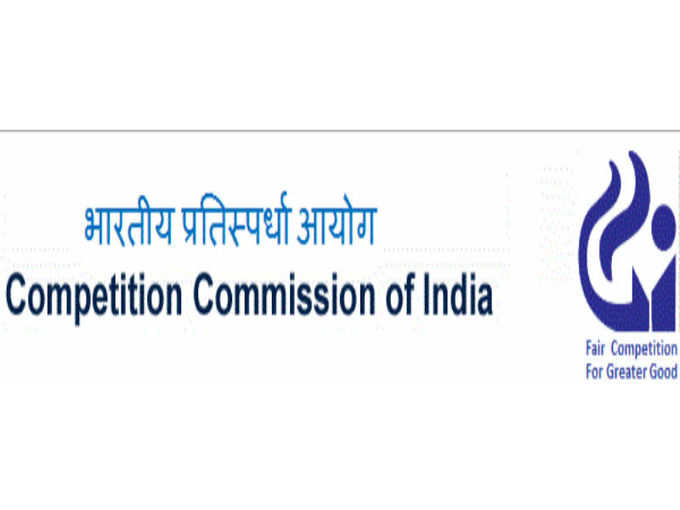 Urging the government to give greater freedom to regulatory bodies for efficient regulation of the industries, the
Urging the government to give greater freedom to regulatory bodies for efficient regulation of the industries, the “Continued interference by the state compromises the efficiency enhancement role of the regulator. For an independent regulator to deliver, state actors have to forbear. Intervention to promote public policy or redistribution objectives is to some extent ' understandable'. However, interference to protect vested interests is undesirable,” revealed Ashok Chawla, Chairman of CCI at an
He emphasized that to maintain the efficiency of a regulatory body requires both political and judicial maturity. “We are slowly moving in that direction. But it cannot happen in a day".
Addressing the issue of stringent actions taken by such bodies in recent times, Chawla noted that the country lacked a common regulatory philosophy, which would have cleared the confusion and maintained uniformity in the roles of the watchdogs. “Perhaps there is a need for a helicopter view of the regulatory structure and an over-arching legislation which brings about uniformity in design and structure to the extent necessary. There are perhaps one too many regulatory bodies, particularly in the financial sector”.
Catching him off-guard, KP Singh, the former president of the chamber and the current chairman of
Last year,
Image: official website of CCI
